JANUARY! It’s Time For A Healthier New You In 2024
Get Your Annual Check Up for 2024
WE ARE WELCOMING NEW PATENTS
SAME DAY APPOINTMENTS
in our Bonita Springs office
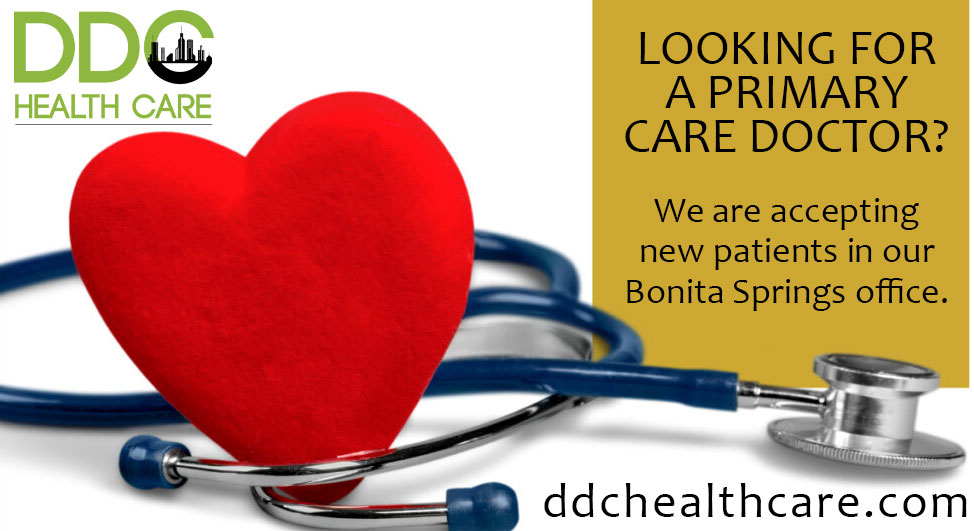
| We care greatly about primary care at DDC Health Care. We pride ourselves on taking good care of you. Dr. John Querci, D.O. is now accepting new patients in our Bonita Springs office. |
| No Waiting Most Insurance Accepted DOT and Employee Physicals Same Day Pre-op Exams Televisits Available Beautiful Office and Plenty of Parking |

The alcohol-fueled celebrations in December can take a toll on your health. That’s why January is a great time for a full body reset.
Here’s 7 Good Reasons to Give Up Alcohol for the Month:
1) Save Money
2) Weight Loss
3) Nicer Looking Skin
4) Better Mental Health
5) Improved Sleep
6)Higher Immune System
7) Increased Energy
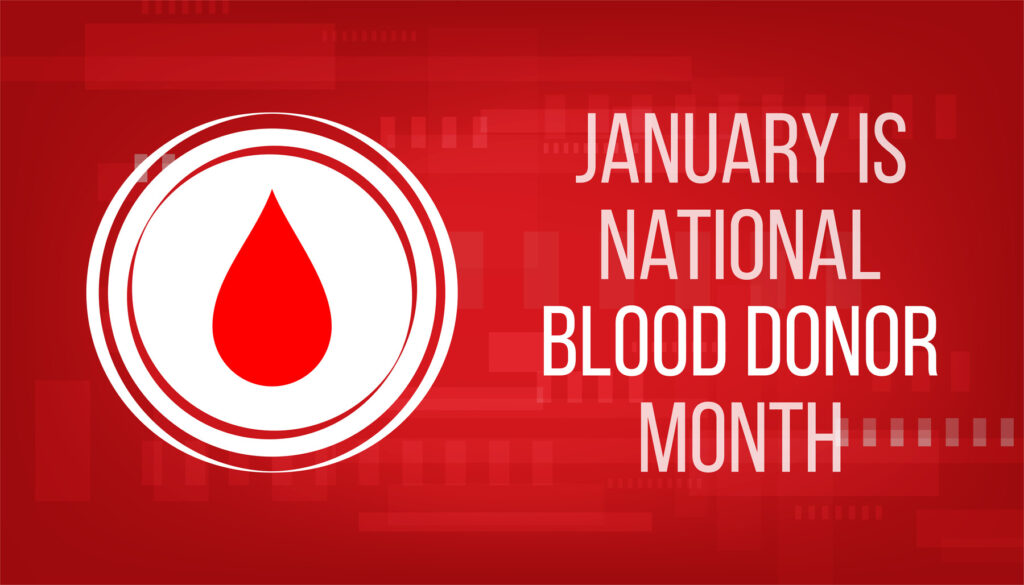
| January is National Blood Donor Month Blood donations are always a need at hospitals and health organizations. |
| Someone requires blood every two seconds. So, why donate? The nation’s blood supply depends on blood donations from a diverse pool of donors of all ethnicities to maintain the nation’s blood supply to meet the needs of the one in seven patients entering a hospital that require a blood transfusion. All blood types are needed. Donating blood ensures the availability of our Nation’s blood supply for all patients in need. |
Cervical Cancer Awareness
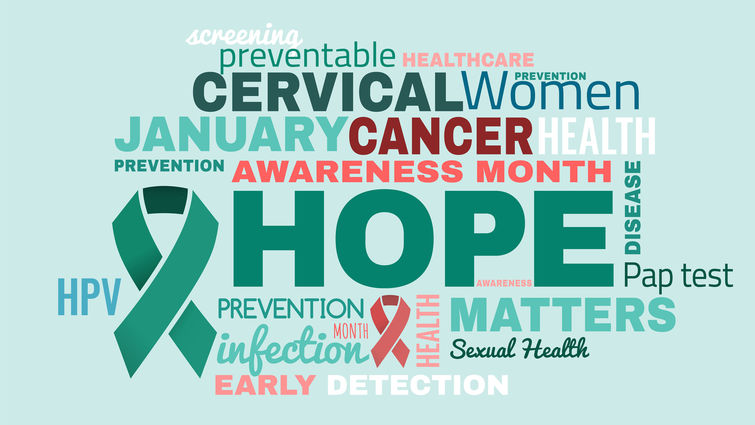
Cervical cancer was once a leading cause of cancer death for women in the United States. Today, screening and prevention have greatly reduced the impact of this form of cancer. Still, approximately 13,960 women in the United States are projected to receive a diagnosis of cervical cancer in 2023 and approximately 4,310 will die from the disease according to the National Cancer Institute.
Increasing screening and prevention are key components of the effort to eradicate cervical cancer. Since almost all cases of the disease are caused by human papillomavirus (HPV) infection, vaccines that protect against the virus could prevent the vast majority of cases. Also, regular Pap tests can catch and lead to the treatment of the disease at the precancerous stage.
Cervical cancer is among a number of cancers that can be caused by infections with pathogens like bacteria, viruses, and parasites.
Who is at risk?
“All women are at some risk for cervical cancer, but it mostly occurs in women over the age of 30. According to the American Cancer Society, cervical cancer is most frequently diagnosed in women between the ages of 35-44 and rarely in women younger than the age of 20. However, women over the age of 65 are still at risk of developing cervical cancer with more than 15 percent of cases being in that age group. Getting regular tests to screen for cervical cancer throughout your lifetime can greatly reduce your chances of the cancer developing unnoticed at any age.
How can cervical cancer be prevented or detected early?
The CDC suggests getting both the Pap test and the HPV test to help prevent and detect cervical cancer.
The Pap test looks for cell changes on the cervix, treats them and ultimately helps to prevent cervical cancer. The Pap test is useful in detecting early stage changes called dysplasia and even cervical cancer. It normally allows the discovery of the cancer to coincide with when treatment will still be effective.
It is recommended that women 21-65 years old visit their doctors for a screening every three years unless otherwise instructed.
The HPV test looks for the human papillomavirus (HPV), which is the main cause of cervical cancer. This virus is common and is passed person to person during intercourse. While few women actually develop cervical cancer from the HPV virus, it’s still important to get tested in case pre-cancerous cells do develop from the virus.
If either these tests are positive, you may need a follow up examination called a colposcopy, to identify what the actual cellular changes are, if any, and if they need to be treated. The majority of women who get these screening tests do not have cancer — and that’s the point!
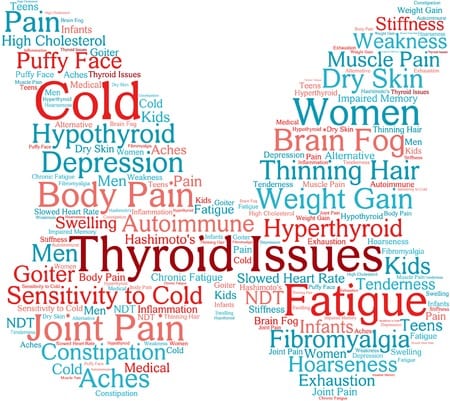
Your thyroid is a small, butterfly-shaped gland in the front of your neck. It makes hormones that control the way the body uses energy. These hormones affect nearly every organ in your body and control many of your body’s most important functions.
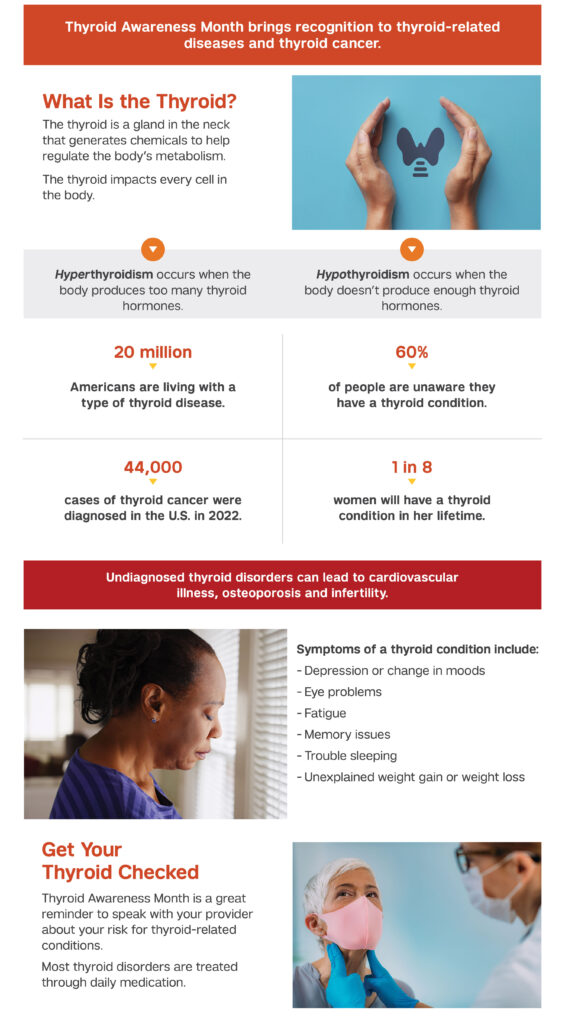
Have you recently had an accident? Are you recovering from an injury?
DDC Health Care will work with your lawyer in advocating for you!
Auto Accidents
Social Security Disability
Workers Compensation
Personal Injury
CALL FOR YOUR APPOINTMENT. 239-256-1609
